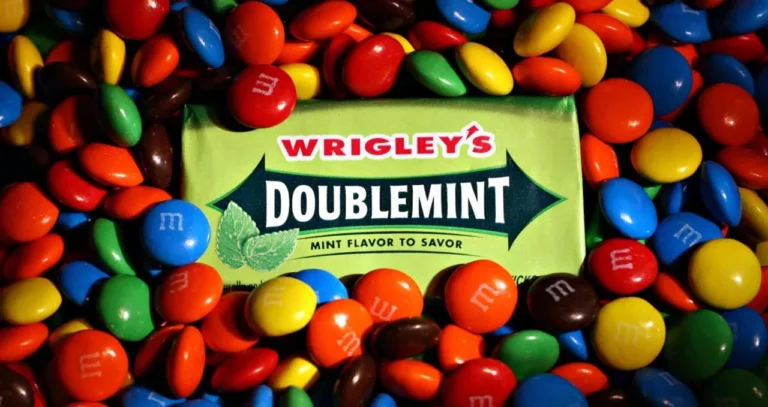Mars Wrigley has announced that it plans to expand its innovative distribution model targeting the low-income consumer market in the region. The program is expected to roll out in Tanzania in 2024 and Rwanda in 2025.
The model, also known as Maua program, has been running since 2013 and seeks to support micro and small enterprises to create jobs and sustainable livelihoods in Kenya. So far, Maua has benefitted 1,600 traders, including 700 women. Wrigley now says it will recruit another 1,000 entrepreneurs in Kenya before the end of the year, bringing the total to 2,600.
Through Maua, Mars Wrigley partners with independent micro-entrepreneurs and micro-distributors to sell the company’s products in informal settlements and rural communities. The overall purpose is to create shared benefits for both the company and communities benefiting from the program.
As an innovative route-to-market strategy, Maua targets consumers who are hard-to-reach through traditional product distribution channels. Essentially, Mars Wrigley recruits and trains small-scale entrepreneurs whom it then supplies with the company’s fast-moving products including such iconic brands as Big G, Juicy Fruit, PK and Doublemint. The company also provides the tools of trade like backpacks, bicycles and motorbikes to facilitate the traders.
The direct beneficiaries of the program include small wholesalers operating stock points, micro-distributors who move the products from the stock points to retail shops and to the hawkers who sell directly to consumers in the streets. Mars Wrigley also trains the beneficiaries in basic entrepreneurial skills like record-keeping, branding and business management.
Maua is anchored on Mars Wrigley principle of Mutuality or shared benefits. It is also aligned with Mars Wrigley global strategy to reach more consumers in the so-called Bottom-of-the-Pyramid, through innovative marketing models that also build social capital.
Announcing the expansion plan, Mars Wrigley General Manager, Sub-Saharan Africa, Ismael Bello, said the program has been highly successful with a high retention rate of 85 per cent.
“Maua has been a phenomenal success in driving our quest to reach the under-served consumer market while at the same time achieving our social and sustainability goals. Hence, the plan to expand the program in Kenya and the region. “With Maua, we seek to not only grow our business, but also create a platform to build both financial and social capital, working with individuals who are passionate about business and improving lives. We look forward to the next 10 years of Maua’s transformative impact,” explained Bello.
In 2018, Mars Wrigley committed to increase the number of women entrepreneurs in the program. By empowering women with opportunities to earn a decent livelihood, Maua indirectly contributes to the realization of an inclusive and prosperous society.
Maua also directly contributes to the attainment of at least four international Sustainable Development Goals, namely, Zero Poverty (Goal 1), Gender Equality (Goal 5), Decent Work and Economic Growth (Goal 8) and Reduced Inequalities (Goal 10).
To measure the impact of the program on society, Mars Wrigley has partnered with Oxford University’s Said Business School and the University of Nairobi. Prior to launching the program, the company conducted research that revealed the huge untapped entrepreneurial talent, that could be harnessed to grow the company’s business in disadvantaged localities.

